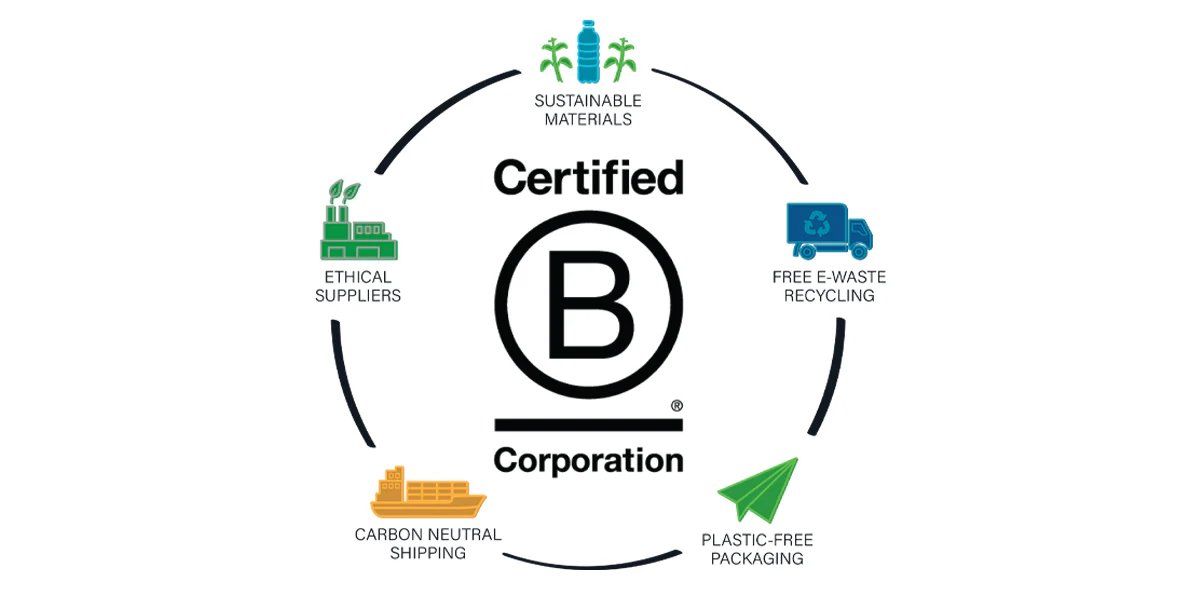Top International Certifications and Accreditations for Eco-Friendly and Environmentally Conscious Hardware Product Manufacturers
Explore key certifications that prove your commitment to environmental sustainability in hardware manufacturing
In today’s competitive landscape of hardware product manufacturing, demonstrating a commitment to environmental sustainability isn't just beneficial—it's becoming a necessity. This blog post explores key international certifications and accreditations that validate a company’s eco-friendly practices, enhancing reputation and opening new market opportunities.
Understanding the Importance of Eco-Certifications
Why Certifications Matter: In a world increasingly driven by consumer awareness and regulatory demands, obtaining recognised international certifications is not merely about compliance but about showcasing leadership in sustainability.
Key Certifications and Accreditations
1. ISO 14001: Environmental Management Systems
🧩 Description: Provides a framework for enhancing environmental performance.
🧩 Benefits: Demonstrates environmental responsibility, reduces waste, improves regulatory compliance, and enhances reputation.
🧩 Mandatory: No, but essential for demonstrating environmental commitment.
Core aspects of ISO 14001
2. RoHS (Restriction of Hazardous Substances) Directive
🧩 Description: Limits the use of specific hazardous materials found in electronic products.
🧩 Benefits: Minimises environmental impact, ensures safety, and enhances global compliance.
🧩 Mandatory: Yes, in the EU and various regions.
3. WEEE (Waste Electrical and Electronic Equipment) Directive
🧩 Description: Sets recycling and recovery targets for electrical goods.
🧩 Benefits: Promotes recycling, reduces landfill use, and encourages sustainable product lifecycle management.
🧩 Mandatory: Yes, in the EU.
Categories of appliance covered by the WEEE directive
4. Energy Star
🧩 Description: Certifies energy-efficient products.
🧩 Benefits: Reduces operational costs, appeals to eco-conscious consumers, and supports energy conservation.
🧩 Mandatory: No, but improves marketability.
5. B Corp Certification
🧩 Description: Recognizes companies meeting high standards of social and environmental performance.
🧩 Benefits: Bolsters credibility, attracts socially conscious stakeholders, and drives continuous improvement.
🧩 Mandatory: Voluntary but highly respected.
High Level: B Corp Certification Requirements
6. Cradle to Cradle Certified™
🧩 Description: Recognises safe, circular, and responsibly made products.
🧩 Benefits: Supports sustainable design, enhances brand credibility, and promotes a circular economy.
🧩 Mandatory: Voluntary certification.
Closing Thoughts
Addressing the ‘Tick Box’ Concern: While some may view these certifications as mere formalities, they are, in fact, vital tools that help organisations integrate sustainable practices deeply and authentically into their operations.
By pursuing these international certifications, hardware manufacturers can not only demonstrate their commitment to environmental sustainability but also significantly enhance their market competitiveness and operational efficiency.
❔How do environmental certifications influence your business operations? Are they merely regulatory hurdles, or do you see them as catalysts for genuine sustainability practices? Share your insights and experiences below.❔


